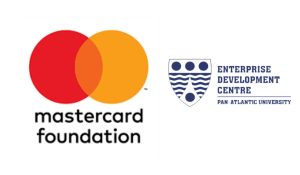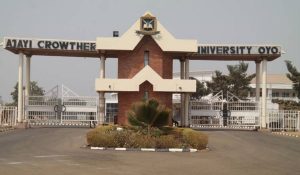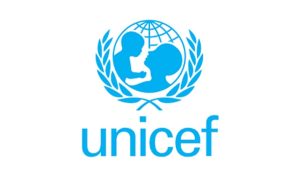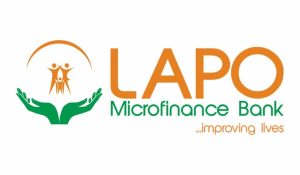
Education remains a right for every citizen
The recent surge in educational fees in Nigeria presents a critical juncture for discussions around corporate social responsibility (CSR) and sustainability, particularly in the context of socio-economic inclusion and long-term national development. Education, as a fundamental right and a driver of societal progress, is under severe threat due to the implementation of flawed government policies. These policies have led to unprecedented fee hikes across both private and public institutions, significantly affecting access to education for a large segment of the population.
In the 2024/25 academic session, the Lagos State Government announced a substantial increase in boarding fees for state-owned secondary schools from N35,000 to N100,000 per term. This increment, which the government justified as necessary for the better welfare of students, represents a nearly threefold increase in costs, burdening parents already struggling with a challenging economic environment. This move, echoed by other public and private institutions nationwide, has sparked protests and widespread discontent.
The impact extends beyond Lagos. Universities such as the University of Ibadan, the Federal University of Technology, Akure, and others have also raised their fees, citing dwindling government funding and rising operational costs. In some cases, these financial pressures have led to federal institutions being disconnected from the national grid due to unpaid electricity bills, further complicating the situation.
For a country like Nigeria, where 20.1 million children are already out of school according to UNESCO, these fee hikes could have devastating consequences. Education is critical for economic development and social stability, as emphasized by the World Bank, which links tertiary education to growth, poverty reduction, and shared prosperity. With the current fee structures, many students, especially those from low-income families, face the risk of dropping out, thereby exacerbating the country’s already dire educational and socio-economic crises.
The fee hikes also coincide with rising transportation costs, following the removal of the petrol subsidy. This has led to an increase in petrol prices from around N600 to between N865 and N1,200 per litre, making it even more difficult for parents to afford school-related expenses. Many families are now relocating their children to schools within walking distance, not out of preference but out of economic necessity.
The Role of Corporate Social Responsibility (CSR)
Against this backdrop, the role of CSR in supporting the education sector becomes more crucial than ever. Companies can step in to bridge the gap by sponsoring educational programs, offering scholarships, and funding infrastructural developments. This support not only aids in relieving the immediate burden on students and parents but also contributes to the long-term development of a skilled and educated workforce, which is vital for the country’s socio-economic sustainability.
Sustainable Solutions: A Collaborative Effort
A sustainable solution requires a multi-stakeholder approach. The government must take the lead by ensuring that the money saved from the removal of the petrol subsidy is effectively channelled into the education sector, as previously promised by President Bola Tinubu’s administration. This funding should prioritize scholarships, grants, and improved school infrastructure to make education more accessible and appealing.
Also, private sector involvement through CSR initiatives can complement government efforts. For instance, companies can set up endowment funds, provide bursaries, and engage in public-private partnerships (PPPs) to develop educational infrastructure and technology. NGOs, philanthropists, and faith-based organizations also have a role to play by providing financial support and advocating for educational policies that promote equity and inclusion.
In the long term, the government must reconsider its policy framework to prevent such abrupt and severe fee hikes. A phased approach to any necessary increments, coupled with a robust financial aid system, would be more sustainable. Local, state, and federal governments should provide multi-layered funding for students, ensuring that those from disadvantaged backgrounds are not excluded from educational opportunities due to financial constraints.
Takeaway
The recent educational fee hikes in Nigeria underscore the need for a comprehensive, multi-faceted response that includes government action, private sector support, and community engagement. Education is too important to be sacrificed on the altar of financial austerity. A concerted effort is needed to ensure that every Nigerian child has the opportunity to access quality education, irrespective of their socio-economic status. This is not just a moral imperative but a sustainable path toward national development and prosperity.









